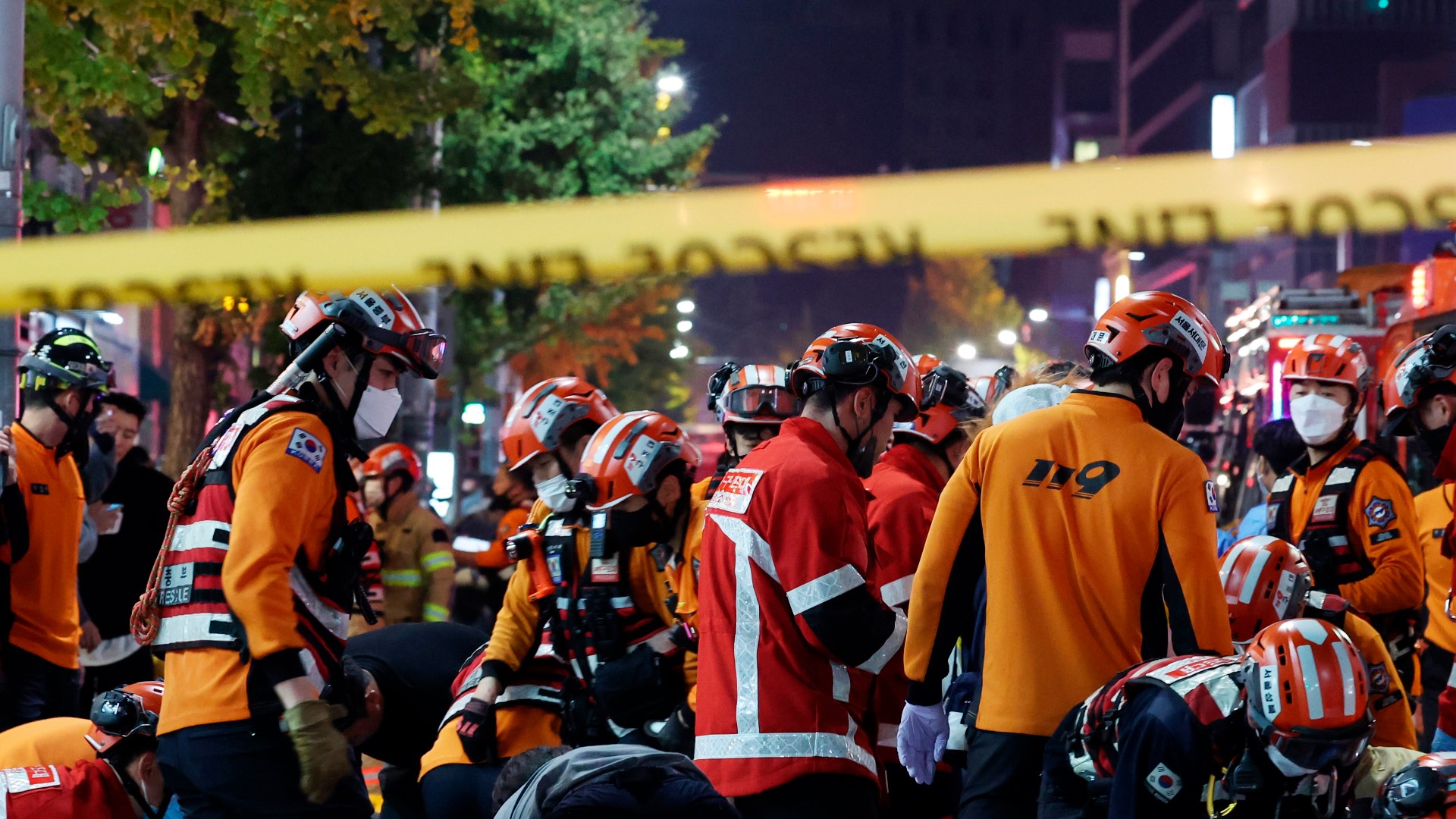Cancellations Surge as Year-End Parties Fall Victim to Emergency Measures

The recent declaration of a state of emergency on December 3 has begun to significantly impact the lives of citizens in South Korea. With year-end gatherings being canceled en masse, small business owners are expressing their distress, and the hotel industry is facing a crisis due to a wave of cancellations from foreign guests. Public officials, including police and firefighters, are on high alert, reporting increased fatigue as they remain on standby. Many citizens are voicing concerns about the prolonged effects of the emergency measures, fearing that this winter could be harsher than during the COVID-19 pandemic.
A 30-something owner of a pub in Gwanghwamun lamented, "We've ruined our peak season for the year-end. Since the emergency was declared, dozens of group reservations have been canceled." He noted that the only calls he receives these days are for cancellations rather than new bookings or delivery orders. Nearby restaurants in the government complex are also inundated with cancellation requests from various government departments affected by the emergency.
A restaurant owner in Seochon remarked, "There are hardly any foreign tourists these days. It seems that governments around the world are advising against visiting major urban areas in Seoul." Similarly, a catering service has been receiving cancellation notices since the emergency was lifted on December 4, with a representative stating, "The economy is already struggling, and now all our booked events are being canceled."
Office worker Lee Chang-min (39) shared, "Due to the recent emergency situation, I've had to cancel all my plans for December or postpone them until next year."
Small business owners are worried that the negative impact of the emergency measures may be worse than during the pandemic. Many are seeking information on how to apply for the New Start Fund, which supports debt repayment for small business owners. One owner criticized President Yoon, saying, "He promised to strengthen support against no-shows and malicious reviews at a meeting with small business owners the day before the emergency was declared, yet he is the real cause of the no-shows."
The hotel industry, which was hoping to capitalize on the Christmas and year-end rush, is also in a state of alarm. A hotel in Jung-gu reported a surge in inquiries asking if cancellations were possible immediately after the emergency was announced. Hotel staff noted that foreign guests were concerned about potential disruptions due to ongoing large-scale protests near Gwanghwamun. Another hotel in Seocho-gu experienced chaos as foreign guests crowded the front desk, asking if their safety could be guaranteed. Hotel management had to reassure guests that operations would continue normally and that their safety was the top priority.
December is typically a busy month for hotel banquet halls, filled with events hosted by government agencies, foreign embassies, large corporations, and various academic conferences. However, city hotels are now struggling with a wave of cancellations due to the emergency measures.
On Saturday, December 4, police and firefighters, along with other public officials, entered a state of emergency response as the National Assembly attempted to process the impeachment motion against President Yoon. The police deployed over 140 riot police units in Yeouido, Seoul. A police official stated, "This year has already been challenging due to various political protests, and now we have to forgo our weekends and year-end plans due to the impeachment situation, leading to increased fatigue among frontline officers."
Firefighters are also preparing for potential incidents related to the impeachment and focusing on safety measures for various gatherings.
In Gwangju, the city issued an 'emergency summons' not only to senior officials but also to civil servants at levels 6 and 7 on the day the emergency was declared. This led some couples with young children to call on their in-laws for help with childcare. Employees from the Ministry of the Interior and Safety and the Ministry of National Defense, where the ministers have resigned, expressed a sense of despair, saying, "It feels like we’re all doomed."
Professor Lee Young-ae from Incheon University’s Department of Consumer Studies commented, "The declaration of a state of emergency at the end of the year, coupled with a prolonged political crisis, is likely to severely impact service industries like restaurants, hotels, and food delivery, where consumer sentiment plays a crucial role. Forbes has also analyzed that the burden from President Yoon's sudden emergency declaration will be borne by the 51 million South Koreans."
What do you think?
0 reactions





